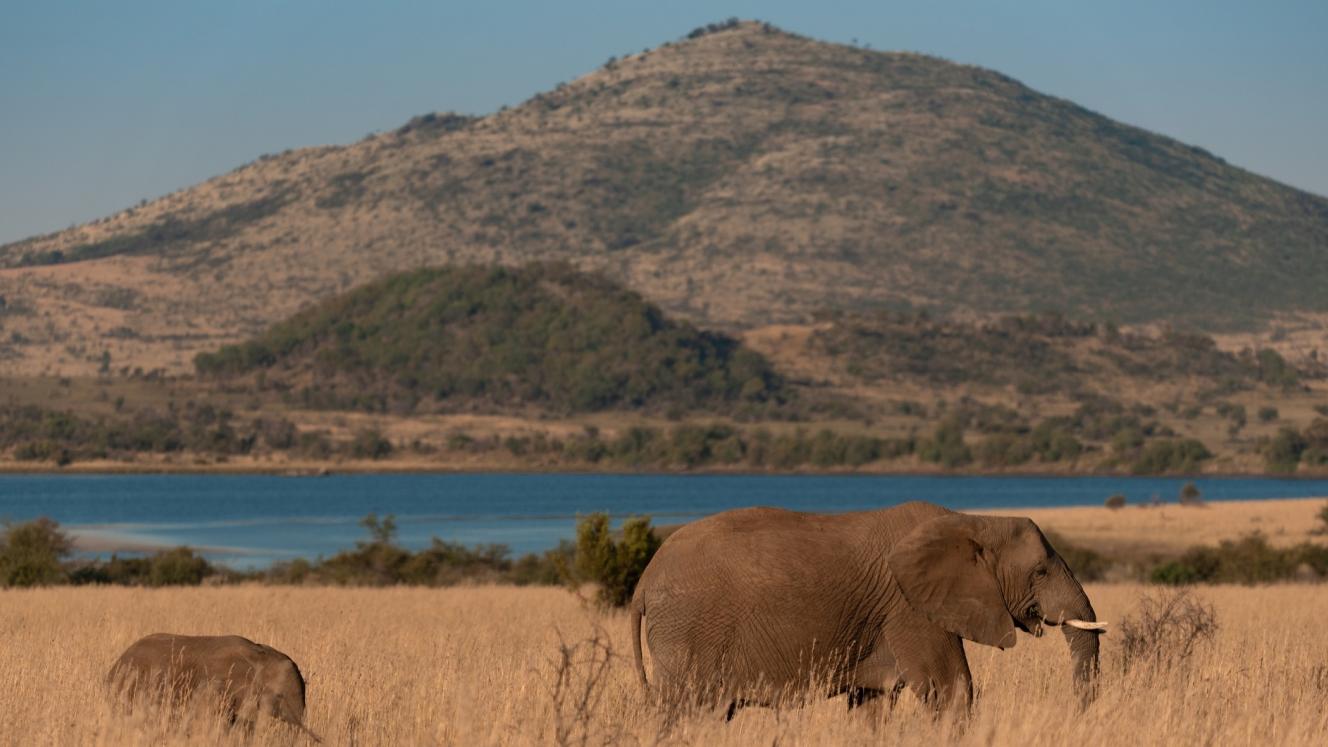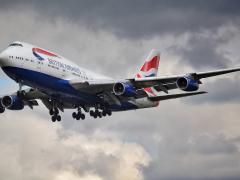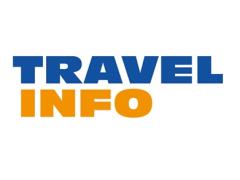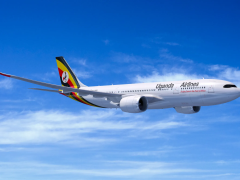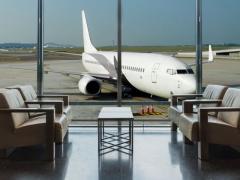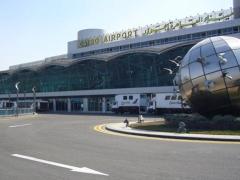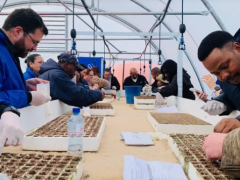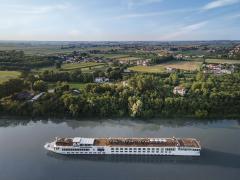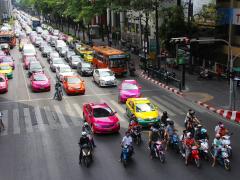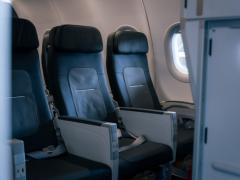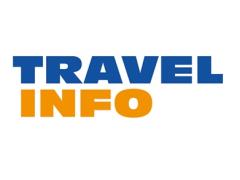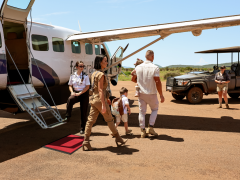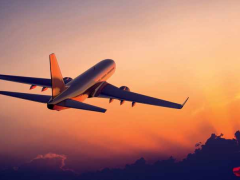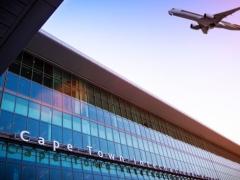Pilanesberg National Park is set for a dramatic transformation as the North West Parks and Tourism Board (NWPTB) unveils ambitious plans to revitalise the destination.
But the consequential hike in park tariffs has got the tourism industry up in arms questioning how the money will be spent and warning that it will lose visitors as some businesses will likely seek better value for money alternatives.
Acting North West Tourism Board CEO Jonathan Denga, speaking in an exclusive interview with Travel News this week, said he is leading an eight-point strategy to address years of financial strain and infrastructure decay.
The overhaul, which includes a R2 billion recapitalisation estimate, is the driving force behind significant tariff increases set to take effect on December 1 this year, as confirmed by Denga.
Urgent action required
Denga, a conservationist by profession who was seconded from his role as North West’s Provincial Director for Biodiversity Management and Conservation, revealed that the park faces closure due to unsustainable funding models reliant on taxpayers’ money from Treasury.
“The entity has not been as sustainable as it is now. It faces closure. That’s why you had, at the beginning of the year, people not being paid and strikes,” he said.
Denga said the tariff adjustments, which were leaked prematurely on social media and posted at the park’s gates, are part of a revenue enhancement strategy to fund critical repairs.
He said pre-COVID estimates pegged road maintenance costs at R75 million while a comprehensive fix – including fencing, toilets and tourism infrastructure – could reach R1.8 billion to R2.2 billion with private investment.
Park fee hike
The proposed tariffs, excluding a 5% community conservation levy for South Africans and 10% for international guests, show dramatic increases.
- Adult South African citizens: From R80 to R160 – a 100% increase
- South African children: (6-12 years): From R30 to R80 – a 166.7% increase
- South African pensioners over 60: From R40 to R80 – a 100% increase
- International visitors: From R110 to R680 – a 518% increase
- SADC adults: From R110 to R350 – a 218.2% increase
- SADC child: From R60 to R250 – a 317% increase
Vehicle fees have also increased:
- Cars (sedan/LDV/SUV): From R40 to R160 – a 300% increase
- Buses (26-50 seater): From R140 to R400 – a 186% increase)
- Delivery trucks: From R250 to R800 – a 220% increase
Industry response
Tourism operators and guides who spoke to Travel News on condition of anonymity expressed concern about the hefty price hikes saying that this could result in some businesses losing money if they have already locked in contracts for guests at the old rates. They are circulating an online petition #saveourpark in protest against the tariff hikes.
However, Denga said the park desperately needs attention as its roads are in a poor state and deteriorating infrastructure, including broken fences, leads to animal escapes endangering lives while picnic sites and ablutions are in dire need of refurbishment.
To fund this revival, Denga said he plans to secure a R1.5 billion upfront investment from the park’s four Community Property Associations (CPAs) and government with potential additional funding of R600 million over five years.
“If these people together can find an investor… this loan, repayable over 10 years with possible Treasury extensions, would pave roads, enhance safety and boost tourism, potentially doubling visitor numbers,” he said.
Denga said the tariff adjustment was made to impact international tourists the most as he believes they can afford higher prices as they enjoy the benefit of a strong exchange rate in favour of their currencies. He said the move to hike tariffs is part of a broader plan across provinces to increase fees to help fund desperately needed refurbishments at government-run parks.
He said he also plans to discourage large vehicles to reduce road damage and will introduce surcharges for buses and delivery trucks.
